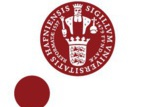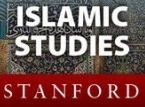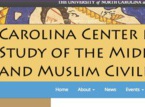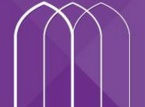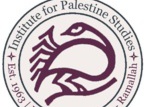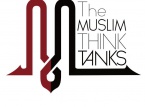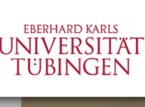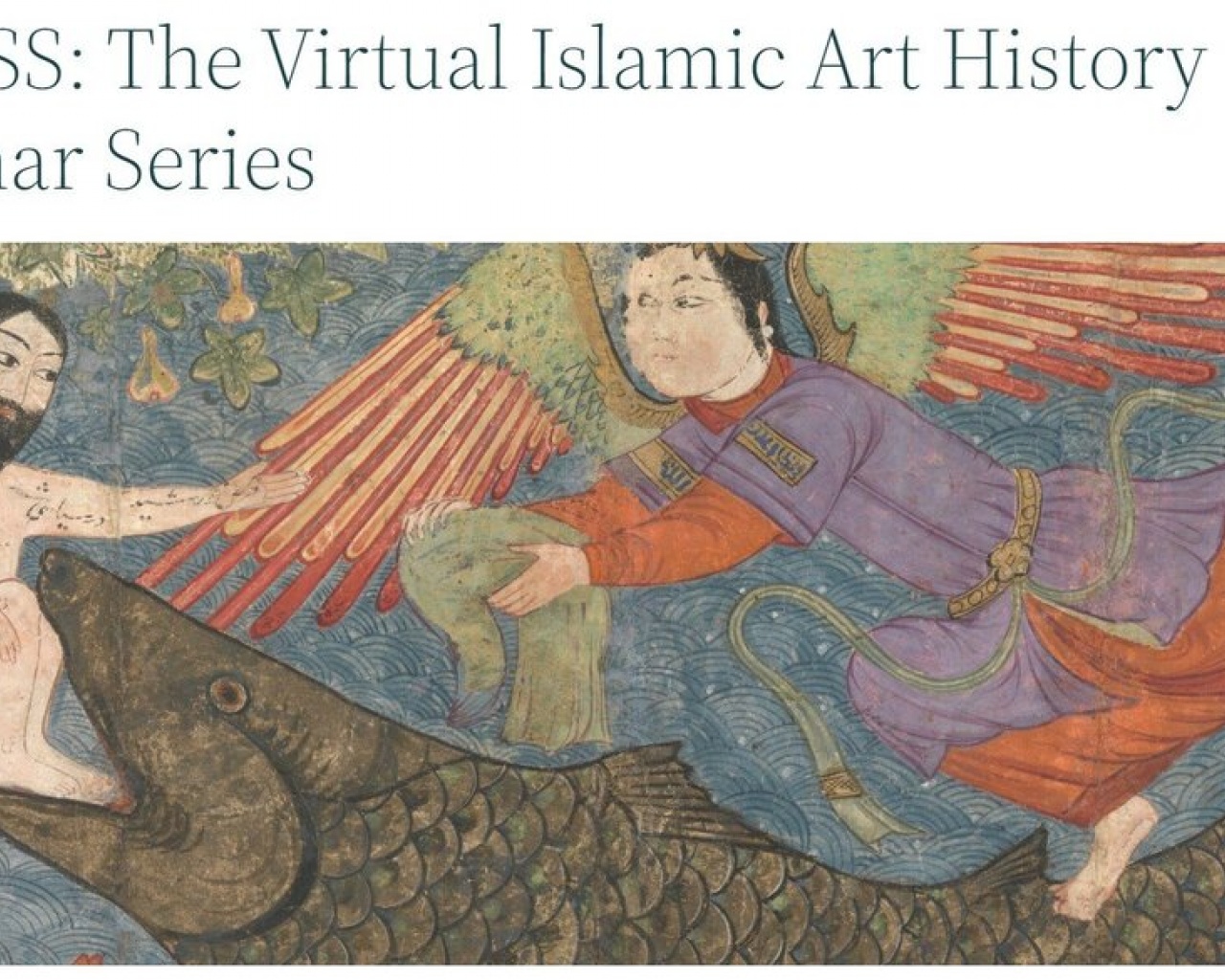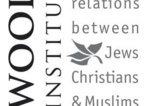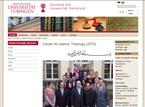Organismes de recherche, Universités, Instituts, Think tank
The Study of Religions section examines how religions and their followers form part of and relate to wider social and cultural contexts both historically, sociologically, and philosophically within particular regions and at the intersection of different cultures.
The Sohaib and Sara Abbasi Program in Islamic Studies is the central forum for interdisciplinary research and teaching in Islamic Studies at Stanford University. It facilitates and promotes the study of Islamic cultures and societies, including the history of Islam from its beginnings to the twenty-first century, systematic study of Islamic social contexts, the religion
The Carolina Center for the Study of the Middle East and Muslim Civilizations promotes understanding of the Middle East through teaching, research, and community outreach. Our center is distinguished by its cross-regional approach to Middle East studies, one that breaks down area studies barriers in order to track global flows of ideas, commodities, and people.
The Center is part of the Duke-UNC Consortium for Middle East Studies, a collaboration between Duke University and the University of North Carolina at Chapel Hill.
The Center is part of the Duke-UNC Consortium for Middle East Studies, a collaboration between Duke University and the University of North Carolina at Chapel Hill.
Our vision is the dream that we hold before us and what helps to spur us on in our work.
The vision of CMCS is to see Muslim-Christian relationships transformed through shared academic study and by following the example of Jesus Christ. The purpose is what we do week by week as we seek to make our vision a reality.
We equip leaders, resource scholars, disseminate and develop Biblically-based thinking at the Muslim-Christian interface through teaching, research and public education.
The vision of CMCS is to see Muslim-Christian relationships transformed through shared academic study and by following the example of Jesus Christ. The purpose is what we do week by week as we seek to make our vision a reality.
We equip leaders, resource scholars, disseminate and develop Biblically-based thinking at the Muslim-Christian interface through teaching, research and public education.
The Institute for Palestine Studies (IPS), is the oldest institute in the world devoted exclusively to documentation, research, analysis, and publication on Palestinian affairs and the Arab-Israeli conflict. It was established in Beirut in 1963 and incorporated there as a private, independent, non-profit Arab institute unaffiliated with any political organization or government. It is led by a Board of Trustees composed of scholars, businessmen and public figures from across the Arab world, and by a volunteer Executive Committee elected by the Board.
The Muslim Think Tanks a été pensé comme un réservoir de talents (Tank) et un cercle de réflexion (Think) collaboratif ouvert à toutes les opinions (tankS). Se voulant pluraliste, il n’a prétention ni, à être représentatif d’un « islam » au singulier ni, à monopoliser la parole sur les questions liées aux musulmans.
Notre but principal est de permettre la mutualisation des connaissances, en offrant un espace de réflexions constructives dans lequel peuvent s’exprimer librement tous les points de vue. Nous souhaitons valoriser l’excellence, personnelle et collective, partager les expériences, et ce faisant, ouvrir le champ des possibles pour les nouvelles générations. Cette dynamique de groupe a pour vocation de faire bénéficier le collectif de ces émulations, tout en participant au développement et à l’épanouissement individuel.
Notre but principal est de permettre la mutualisation des connaissances, en offrant un espace de réflexions constructives dans lequel peuvent s’exprimer librement tous les points de vue. Nous souhaitons valoriser l’excellence, personnelle et collective, partager les expériences, et ce faisant, ouvrir le champ des possibles pour les nouvelles générations. Cette dynamique de groupe a pour vocation de faire bénéficier le collectif de ces émulations, tout en participant au développement et à l’épanouissement individuel.
L' espace de travail Moyen-Orient et politique comparée est préoccupé par la recherche basée sur la théorie et la politique comparative en dehors du monde de l'OCDE, et ici en particulier avec les pays du Proche-Orient. Depuis le début des années 1980, la zone de l'Institut de sciences politiques de travail à l'Université de Tübingen a mis en place une recherche orientée vers l'international, et vers une analyse empirique de l'Orient.
Der Arbeitsbereich Vorderer Orient und Vergleichende Politikwissenschaft beschäftigt sich mit der theoriegeleiteten und vergleichenden Politikforschung außerhalb der OECD-Welt, und hier insbesondere mit den Ländern des Vorderen Orients. Bereits seit Anfang der 1980er Jahre findet am Arbeitsbereich des Instituts für Politikwissenschaft an der Universität Tübingen eine international ausgerichtete, empirisch-analytische Forschung mit Orientbezug statt, die unter anderem maßgeblich zur Theoriebildung in diesem Bereich beigetragen hat.
Der Arbeitsbereich Vorderer Orient und Vergleichende Politikwissenschaft beschäftigt sich mit der theoriegeleiteten und vergleichenden Politikforschung außerhalb der OECD-Welt, und hier insbesondere mit den Ländern des Vorderen Orients. Bereits seit Anfang der 1980er Jahre findet am Arbeitsbereich des Instituts für Politikwissenschaft an der Universität Tübingen eine international ausgerichtete, empirisch-analytische Forschung mit Orientbezug statt, die unter anderem maßgeblich zur Theoriebildung in diesem Bereich beigetragen hat.
Talks on Visual Culture in the Islamic World
Founded at the beginning of the Covid-19 pandemic in May 2020, the Virtual Islamic Art History Seminar Series (VIAHSS) has brought together a diverse community of researchers from around the world through its virtual seminars and workshops, thereby filling a new niche in academic discourse.
While travel has resumed and in-person events have begun again, the need for a forum which brings together international and intergenerational audiences in an inclusive and supportive fashion still continues to exist. We believe that this is the time to encourage researchers to connect in different ways and to include and pay attention to voices that have been heard less.
We hope to expand our understanding of Islamic art history and discuss those geographical areas and time periods that have previously been defined as marginal.
Founded at the beginning of the Covid-19 pandemic in May 2020, the Virtual Islamic Art History Seminar Series (VIAHSS) has brought together a diverse community of researchers from around the world through its virtual seminars and workshops, thereby filling a new niche in academic discourse.
While travel has resumed and in-person events have begun again, the need for a forum which brings together international and intergenerational audiences in an inclusive and supportive fashion still continues to exist. We believe that this is the time to encourage researchers to connect in different ways and to include and pay attention to voices that have been heard less.
We hope to expand our understanding of Islamic art history and discuss those geographical areas and time periods that have previously been defined as marginal.
The Woolf Institute is a global leader in the academic study of relations between Jews, Christians and Muslims. Established in Cambridge (UK) in 1998, with close links to the city's famous University, the Institute is recognized around the world for the excellence of its research, teaching, policy and public education programmes. The aim of our work is to connect the multidisciplinary study of relations with broader practical and theoretical questions, including the importance of trust in everyday life, the role of religion in international diplomacy, and improving end of life care in local hospices. We strive, in our research and outreach, to demonstrate how greater understanding of commonality and difference can inform and enhance the wider public good.
The teaching at the Center for Islamic Theology is devided into the following areas: Qur'anic Exegesis ; Hadīth and Prophetic Tradition; Islamic Doctrine; Islamic Law (sources and methodology of law, history of law): Islamic History and Contemporary Culture; Islamic Religious Education; Islamic Philosophy, Mysticism and Ethics; Inter-religious Studies; Arabic Language
|
Les Cahiers de l'Islam © 2012-2023. Tous droits réservés.
ISSN 2269-1995 Contact : redaction (at) lescahiersdelislam.fr |


